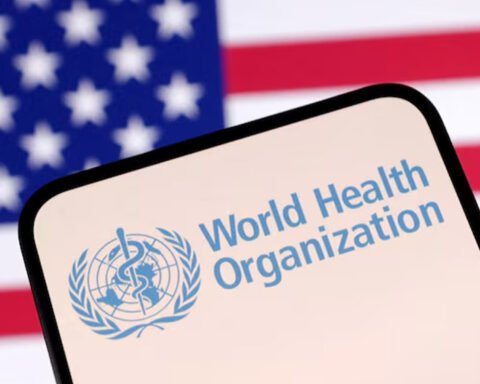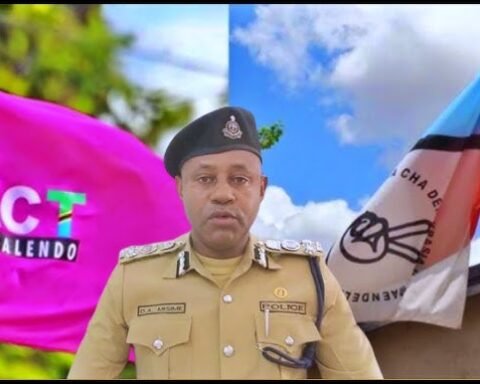Tanzania is making significant strides toward improving communication accessibility for people with hearing disabilities, with more than 300 sign language interpreters now officially registered in a national interpreter database.
The milestone was disclosed in Parliament by Hamis Mwinjuma, Deputy Minister for Information, Culture, Arts and Sports, during a session where he responded to a question raised by Stella Ikupa, a Member of Parliament representing persons with disabilities under the special seats arrangement.
Ikupa had asked the government to explain its strategy in recognizing sign language as an official language of communication across the country.
In his reply, Mwinjuma confirmed that Tanzanian Sign Language (TSL) is recognized as one of the country’s official communication methods for persons with hearing impairments, in accordance with the 2019 BAKITA Regulations. These regulations were set by the Baraza la Kiswahili la Taifa (BAKITA), the government’s language regulatory body.
“Sections 34 and 35 of the 2019 BAKITA Regulations detail how sign language interpretation services should be developed and managed,” Mwinjuma said. “We’ve already registered over 300 interpreters, and the next step is to train them and verify those who meet national standards.”
The registration of interpreters is part of the government’s broader strategy to institutionalize sign language services, especially in official functions, public media, health services, and educational institutions.
According to the World Health Organization (WHO), more than 430 million people worldwide suffer from disabling hearing loss, a number expected to rise to over 700 million by 2050. In this context, Tanzania’s move to expand its network of interpreters and standardize their use is being viewed as a step toward global inclusion norms.
Also Read; What the BRICS Could Learn from the African Union
Currently, interpreters are already being used in government functions and public broadcasts, such as speeches by top leaders and official announcements aired on Tanzania Broadcasting Corporation (TBC).
“Our intention is not just to increase the number of interpreters,” said Mwinjuma, “but to ensure they are well-trained and ready to serve within and beyond Tanzania’s borders.”
The Tanzanian government also plans to offer continuous professional development through workshops and courses tailored for interpreters, similar to established practices in countries using American Sign Language (ASL) or British Sign Language (BSL).
Stakeholders from the disability rights community, such as the Tanzania Association of the Deaf, have long advocated for improved policies and state recognition of sign language. They welcome the move but stress the need for more concrete actions, such as integrating sign language into school curricula and public service delivery.
With this progress, Tanzania joins other African countries like Kenya and South Africa that have taken legal steps toward making sign language an integral part of national communication policies.







